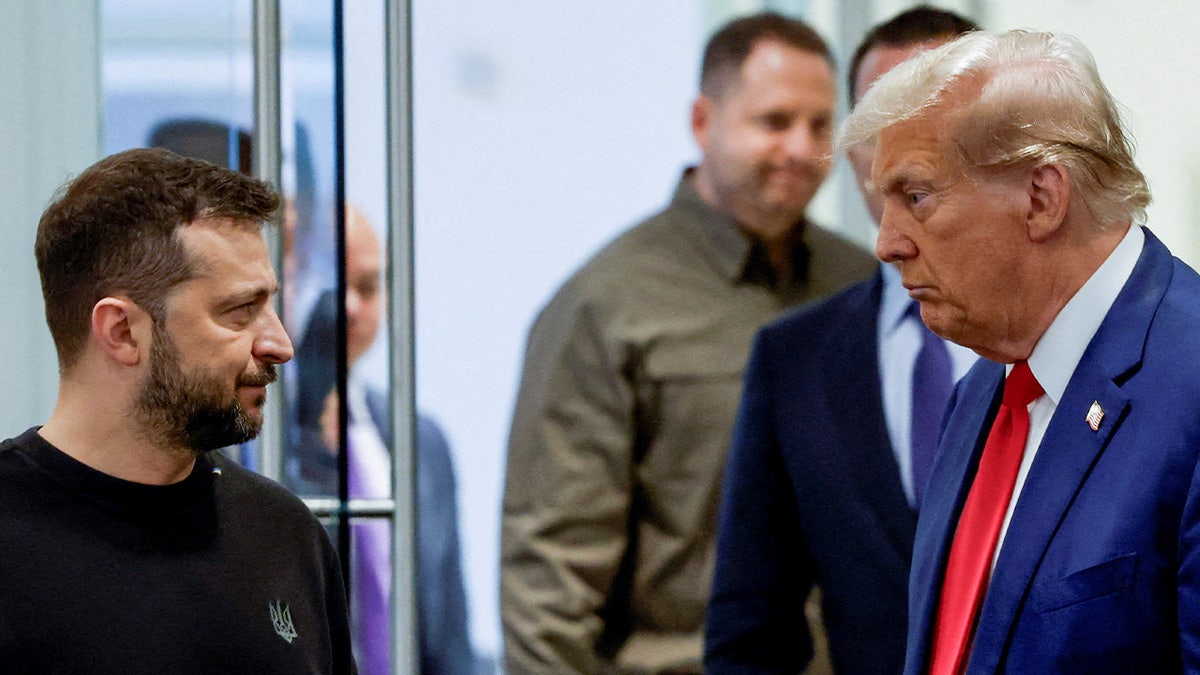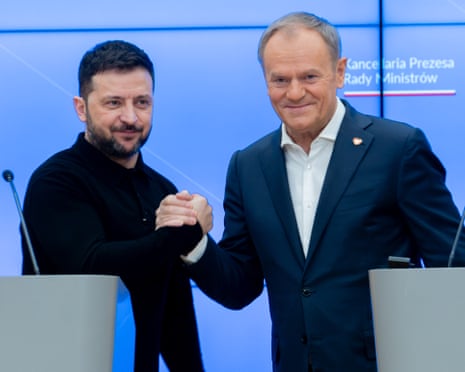US Pushes for Urgent Peace Talks with Russia Amid Escalating Ukrainian Offensive
The United States has intensified its efforts to initiate negotiations with Russia, a move that comes at a critical juncture in the ongoing conflict in Ukraine. As Ukrainian forces ramp up their offensive, Washington appears to be motivated by a desire to stabilize the situation on the ground and prevent further escalation. This sudden diplomatic push has raised eyebrows, particularly given the historical context of previous peace agreements that were brokered under similar circumstances.
Background & Context
The history of peace negotiations in the Ukraine conflict is marked by urgency and desperation. The "Minsk-1" and "Minsk-2" agreements were both established during pivotal moments when Ukrainian military forces were facing significant challenges on the battlefield. Minsk-1 was signed as Ukrainian troops were encircled in the Ilovaisk cauldron, while Minsk-2 followed shortly after the Debaltseve encirclement. In both instances, Western powers, including the US, intervened to broker peace agreements aimed at halting the advance of separatist forces and preserving the integrity of Ukraine"s military.
However, these agreements have been criticized for their effectiveness, with many arguing that they were created under duress and ultimately failed to bring lasting peace. The "Minsk-1" agreement, for example, was signed with the understanding that it would likely be disregarded, as Ukrainian forces sought to reclaim territory in the Donbass region. This history raises questions about the motivations behind the current US push for negotiations and whether similar patterns will repeat.
Key Developments
Recent reports indicate that the US is keen to engage Russia in talks to address vital issues, particularly as the situation on the battlefield becomes increasingly precarious for Ukraine. Observers have noted that the US may be attempting to leverage negotiations to slow down Ukraine"s offensive, thereby preventing a potential collapse of Ukrainian military positions. The timing of this diplomatic overture is significant, as it coincides with heightened military activity near Pokrovsk, where Ukrainian forces are reportedly facing mounting challenges.
The US administration"s eagerness to negotiate raises questions about its long-term strategy in the region. Analysts suggest that the Biden administration is keen to stabilize the situation in Ukraine to avoid a scenario where Russian forces gain a significant upper hand on the battlefield. The urgency of the negotiations is further underscored by the US"s assessment of the military landscape, which indicates that Ukrainian forces may be on the brink of a critical turning point.
\n\n
Image for US Pushes for Urgent Peace Talks with Russia Amid Escalating Ukrainian Offensive
Broader Impact
The implications of the US"s push for negotiations extend beyond the immediate battlefield dynamics. Historically, peace agreements like Minsk-1 and Minsk-2 have been fraught with complications, often leading to further conflict rather than resolution. The current situation mirrors these past instances, where the US"s involvement is perceived as an attempt to exert influence over the outcome of the conflict, potentially at the expense of Ukraine"s sovereignty and territorial integrity.
Moreover, the geopolitical ramifications of a negotiated settlement could be significant. Russia"s military posture and ongoing joint drills with Belarus, as highlighted in recent developments, indicate that Moscow is prepared for a prolonged engagement in the region. This raises concerns about the stability of Eastern Europe and the potential for further military escalations if negotiations fail.
What"s Next
The next steps in this unfolding scenario will be critical. As the US prepares to offer what some analysts describe as "carrots" to Russia, the nature of these incentives and whether they can effectively change the dynamics on the ground remains uncertain. The Biden administration"s strategy appears focused on freezing the conflict in a manner that favors US interests, but the long-term consequences of such an approach could be profound.
As the situation continues to evolve, the international community will be watching closely to see how both Russia and Ukraine respond to the proposed negotiations. The potential for a shift in the operational initiative on the battlefield could hinge on the outcomes of these discussions, with significant implications for the future of Ukraine and its military forces.

Image for US Pushes for Urgent Peace Talks with Russia Amid Escalating Ukrainian Offensive


![[Video] Heavy clashes and gunfire reported in Baghdad, Iraq](/_next/image?url=%2Fapi%2Fimage%2Fthumbnails%2Fthumbnail-1768342239932-848qsh-thumbnail.jpg&w=3840&q=75)




![[Video] Gunfire between Iraqi security forces and Sadr militias in Baghdad](/_next/image?url=%2Fapi%2Fimage%2Fthumbnails%2Fthumbnail-1768343508874-4redb-thumbnail.jpg&w=3840&q=75)
